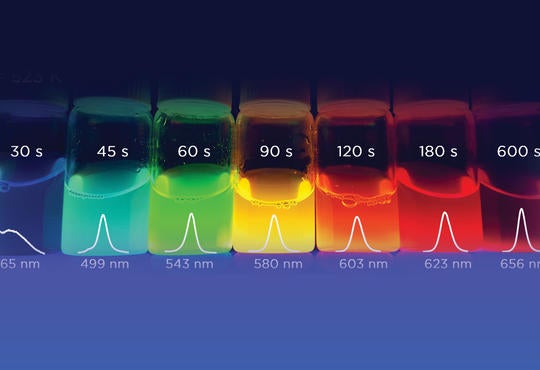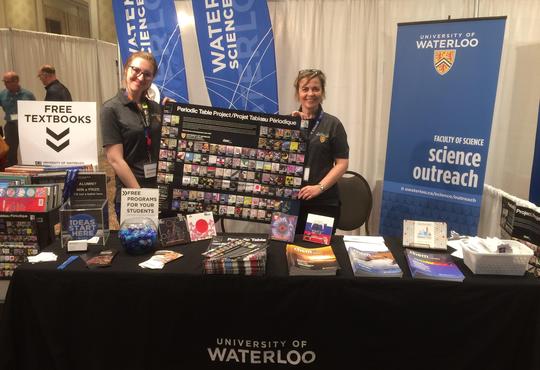At the University of Waterloo — and most universities — individual concerns and questions can often be resolved quickly by email. In the Science Undergraduate Office we receive hundreds of emails each week. During peak times throughout the term, we receive hundreds of emails per day. Students who email with clear concerns have a more successful experience with getting their requests and concerns addressed promptly. When students are professional in their emails and demonstrate good communications skills, they are preparing themselves for both academic and professional success. Here is some advice for your high school students heading off to university.
- Use meaningful subject lines — “Urgent”, “hi”, “question” or “help” are not specific enough to introduce the reason for the email. When email volume is high at specific points along the timeline of a term, e.g., the last day to add a course, or the last day to drop a course for refund, a meaningful subject line helps sort email for timely action and reply.
- Include full details — “I need help adding an elective for the fall term” or “I’m getting errors when I try and add a course” doesn’t provide enough detail. What courses are you interested in? Do you need help deciding what course you are allowed to include in your program? What is the error message you are getting? The more detail you provide in your first email, the fewer back-and-forth emails are necessary, and the quicker we can help you get your questions answered.
- Identify yourself — Use your full name, provide your student ID and always use your university email address, to ensure we know exactly who you are. You’d be surprised how many students share your name!
- Email one person — Pick one advisor or office group email (e.g., science.advisor@uwaterloo.ca) to contact. We network with each other and make sure that every question is addressed by the best person to provide the answer. Your email will be redirected appropriately. Emailing multiple people with the same question will not get you a different answer. It only slows down our process of getting back to you and to other students who need help. Addressing more than one person in the same email is not necessary, and directly emailing the Dean of Science is never appropriate.
- Keep it professional — Address the reader with a hello, versus a “hey” or a “yo”; spell out professor versus prof; save the short form for friends; (e.g., “c u”, “l8tr”); avoid using all lowercase, and run-on sentences.
When you have an urgent question or situation, especially one that is time sensitive, don’t use email. Come in person. Talk to someone. If this is not possible, a telephone call is your next best option.







